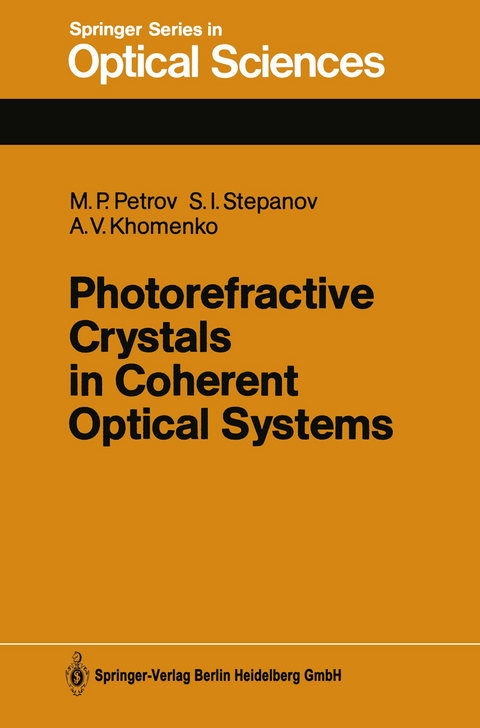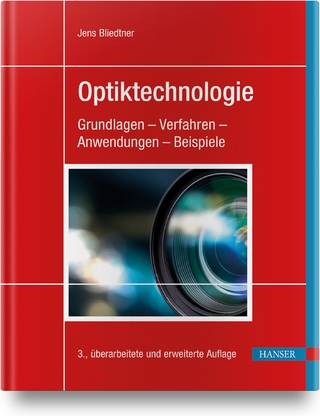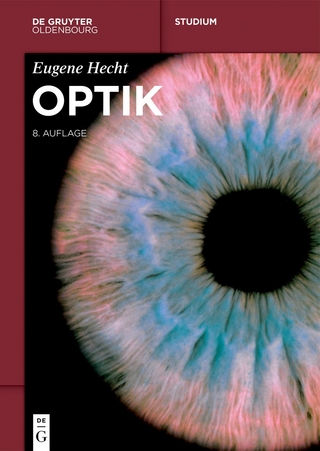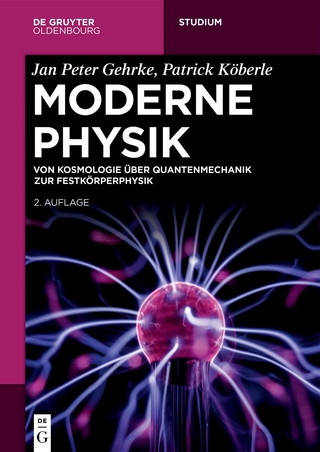
Photorefractive Crystals in Coherent Optical Systems
Springer Berlin (Verlag)
978-3-662-13805-2 (ISBN)
Of interest to both experts and newcomers to the field, this book discusses optical information recording in photorefractive crystals. It includes a rigorous treatment of basic phenomena and an extensive summary of the physical and holographic properties of all currently known photorefractive materials.
1. The Phenomenon of Photorefraction.- 2. Holography, and Optical Information Processing Systems.- 3. Salient Features of Photorefractive Crystals for Holography.- 4. Formation of an Electric-Field Grating During Holographic Recording in PRCs.- 5. Light Diffraction from Anisotropic Volume Phase Gratings.- 6. Fundamentals of Dynamic Holography.- 7. The Physics of Electro-Optic Spatial Light Modulators.- 8. Spatial Light Modulators.- 9. Applications of Photorefractive Crystals.- Appendix: Photorefractive Crystals.- A10 Semiconductor Photorefractive Crystals.- A 11 Other Photorefractive Crystals and Media.- References.
| Erscheint lt. Verlag | 23.8.2014 |
|---|---|
| Reihe/Serie | Springer Series in Optical Sciences |
| Zusatzinfo | XI, 277 p. 32 illus. |
| Verlagsort | Berlin |
| Sprache | englisch |
| Maße | 155 x 235 mm |
| Gewicht | 445 g |
| Themenwelt | Naturwissenschaften ► Physik / Astronomie ► Optik |
| Naturwissenschaften ► Physik / Astronomie ► Quantenphysik | |
| Technik ► Elektrotechnik / Energietechnik | |
| Schlagworte | Brechung • Crystal • diffraction • dynamic holography • Electronics • holographic interferometry • Holographie • Holographie / Hologramm • Holography • Informationsspeicher • Interferometry • Lichtbrechung • Modulator • optical informationprocessing • Photorefractive Crystals • semiconductor • sensors • spatial light modulators |
| ISBN-10 | 3-662-13805-0 / 3662138050 |
| ISBN-13 | 978-3-662-13805-2 / 9783662138052 |
| Zustand | Neuware |
| Informationen gemäß Produktsicherheitsverordnung (GPSR) | |
| Haben Sie eine Frage zum Produkt? |
aus dem Bereich


